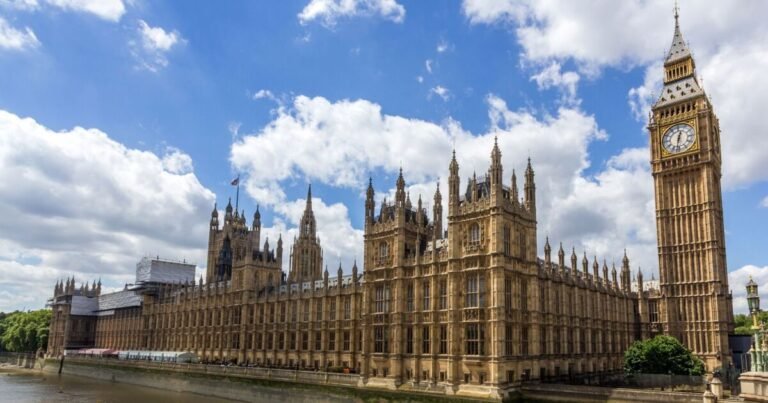“In case you do away with faith you don’t exchange it with nothing, you exchange it with something,” runs the pithy, however not wholly inaccurate, warning. And it’s a line which makes even essentially the most dedicated atheist pause for thought. It’s a extra particular model of the outdated “in case you don’t stand for one thing you’ll fall for something” line which you’ll be able to fortunately attribute to first President of the US Alexander Hamilton, Nation of Islam chief Malcolm X, or certainly Public Enemy’s Chuck D, as is your fancy.
Each aphorisms quantity to the identical – some issues are value defending. And this Easter, as the important thing pageant of the Christian calendar is roundly ignored by our coverage makers and enterprise leaders alike (the identical ones who fall over themselves to be seen to have a good time Eid, Vaisakhi, or Passover and so forth) it made me surprise if we aren’t about to extinguish a key buttress of what makes Britain Britain. And perhaps even this atheist thinks British Christianity would possibly want defending.
Britain’s model of Christianity has, it appears to me, at all times been a really sensible, sleeves rolled up model.
It’s a Christianity of jumble gross sales and church fetes serving to glue communities and folks collectively; it’s a Christianity of celebration, of joyous births and blissful marriages; and it’s a Christianity of solemnity, of marking passings and serving to consolation ache.
However additionally it is a Christianity of understanding, of tolerance and welcoming acceptance. Which isn’t an accusation you possibly can degree in any respect religions.
However Christianity is greater than the sum of its components listed above – it’s, whether or not we all know it or not, whether or not we see it or not, or whether or not we settle for it or not, a part of who we’re as Brits, each final one among us.
It’s constructed into our calendars, constructed into our social life and certainly constructed into our political philosophy. That is the nation of Hume, of Hobbes, of Locke of Jeremy Bentham and JS Mill – whose philosophies have Christianity baked into them.
Mill could have questioned organised faith however his present to the world – Utilitarianism “the best happiness of the best quantity” – could be very a lot a Christian concern and it nonetheless lies on the coronary heart of Britain’s democracy.
John Locke’s deeply felt Christianity made him a robust voice for the motion to abolish slavery calling it “vile and depressing an property of man, and so immediately reverse to the beneficiant mood and braveness of our nation.”
God or no God, to lose the civilising affect of this faith on our nationwide character could be a horrible mistake. Which is why Christians and non-Christians alike could also be forgiven for being depressed by the Authorities’s normal low-key, borderline ignoring of the largest celebration of the nation’s official faith.
For thousands and thousands of Christians Holy week began on Palm Sunday however Downing St – fast to Tweet out about even essentially the most left-field religions – left it till Maundy Thursday to say the religion King Charles is the nation’s protector of.
Our main faith is both ignored or mocked whereas minority, imported faiths are celebrated. Satirically it’s exactly this welcoming of different faiths that may be a key trait of British Christianity.
Certainly British Christianity is so reviled and feared in some quarters one major faculty scrapped an Easter parade and church service within the identify of inclusivity. Christians nonetheless make up the only largest non secular demographic group at 46 p.c within the final census.
Like all religions Christianity has one thing of a patchy historical past, however proper now the surviving church buildings in our communities are largely run by good folks for good folks.
Good folks.
Bear in mind them?
Good, tolerant, respectable individuals who make up the spine of Britain.
I worry when the church buildings are gone the great, tolerant, respectable folks could go along with them.
Pleased Easter.

